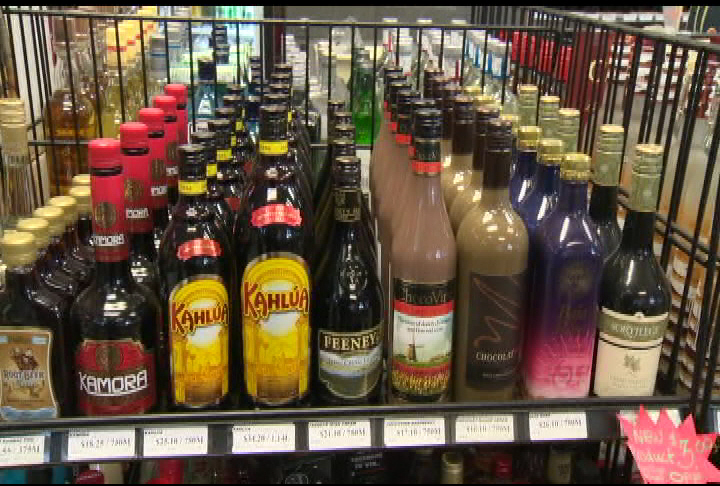If things go according to plan, you’ll be able to buy booze in your neighborhood grocery store sometime in early 2015.

The B.C. government released the fine print on its liquor reform package this afternoon, and various parts of that package will be phased in over more than a year.
The biggest change, of course, is allowing alcohol to be sold in grocery stores (not convenience stores by the way). A two-part model will be used to implement this change, with the first part being a “store within a store” model, where alcohol can be purchased in a designated area that is distinctly different and separate from grocery products.
The second model will allow B.C. wine and beer (no liquor) to be sold on grocery shelves, next to cookies, cereal or whatever. The number of existing liquor licenses will remain frozen at 670, but a limited number of new licenses to sell B.C. wine and beer will be created.
B.C. is also about to become the last province to allow so-called “happy hours”, where patrons can purchase discounted (to a set minimum) drinks during a defined period. Attorney-General Suzanne Anton insists this doesn’t run counter to her government’s aggressive crackdown on drinking and driving, although some critics think otherwise.
It’s apparent these changes will make a liquor license, as it relates to the store model, a rather valuable commodity. They will now be allowed to be sold and transferred all over the province (currently, a license can’t “move” more than five kilometers from the town or city in which it operates). So, theoretically, a license can move from, say, a Kamloops-based store to one in Surrey.
The government seems to recognize this sudden increase in value and to that end it will – surprise! – slap a fee or levy on any liquor license that changes hands.
Finally, the bottom line for many folks is: do all these changes mean the price of booze will go up or down?
According to Anton, the answer seems to be: no.
Bottoms up!


Comments